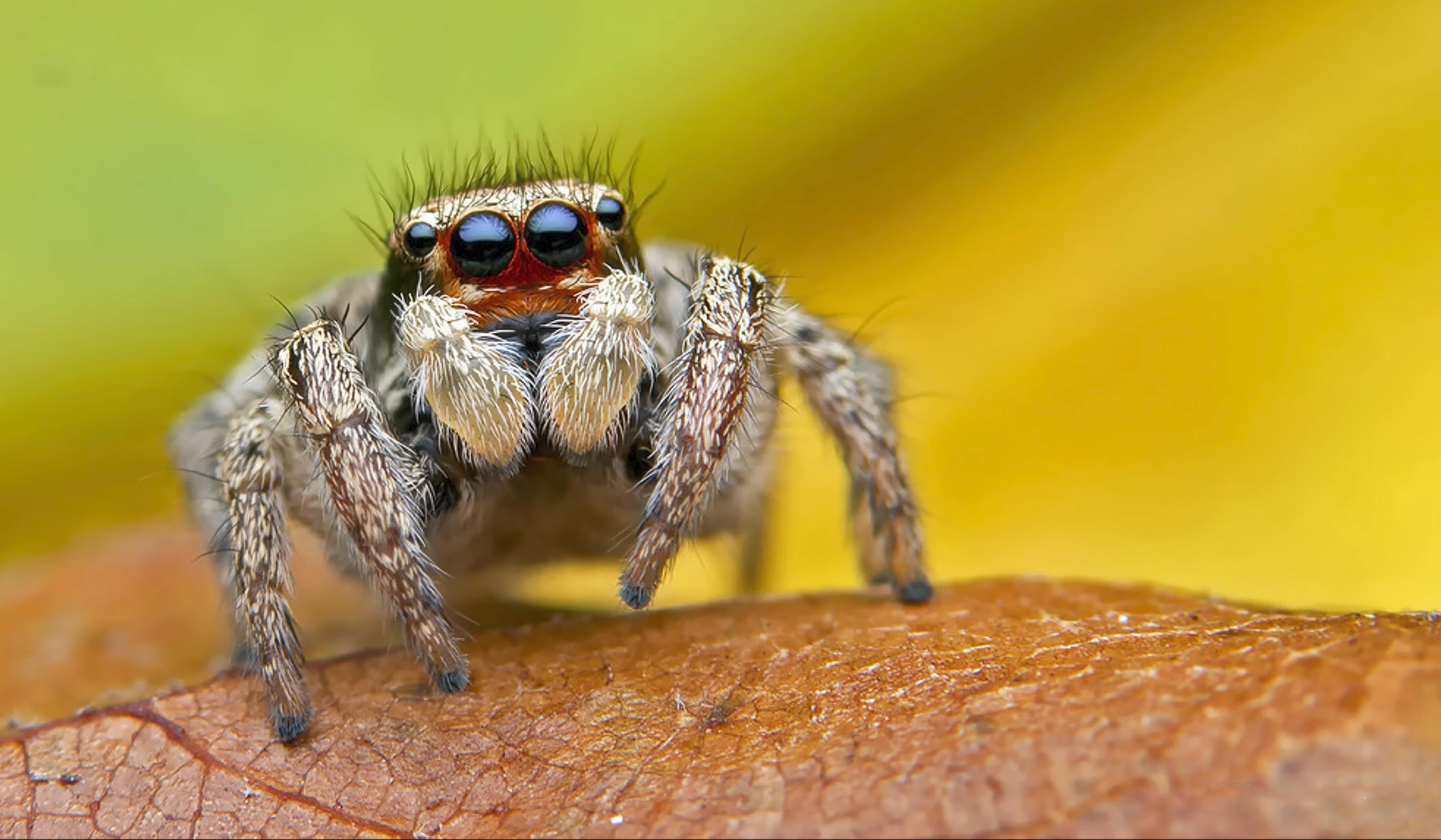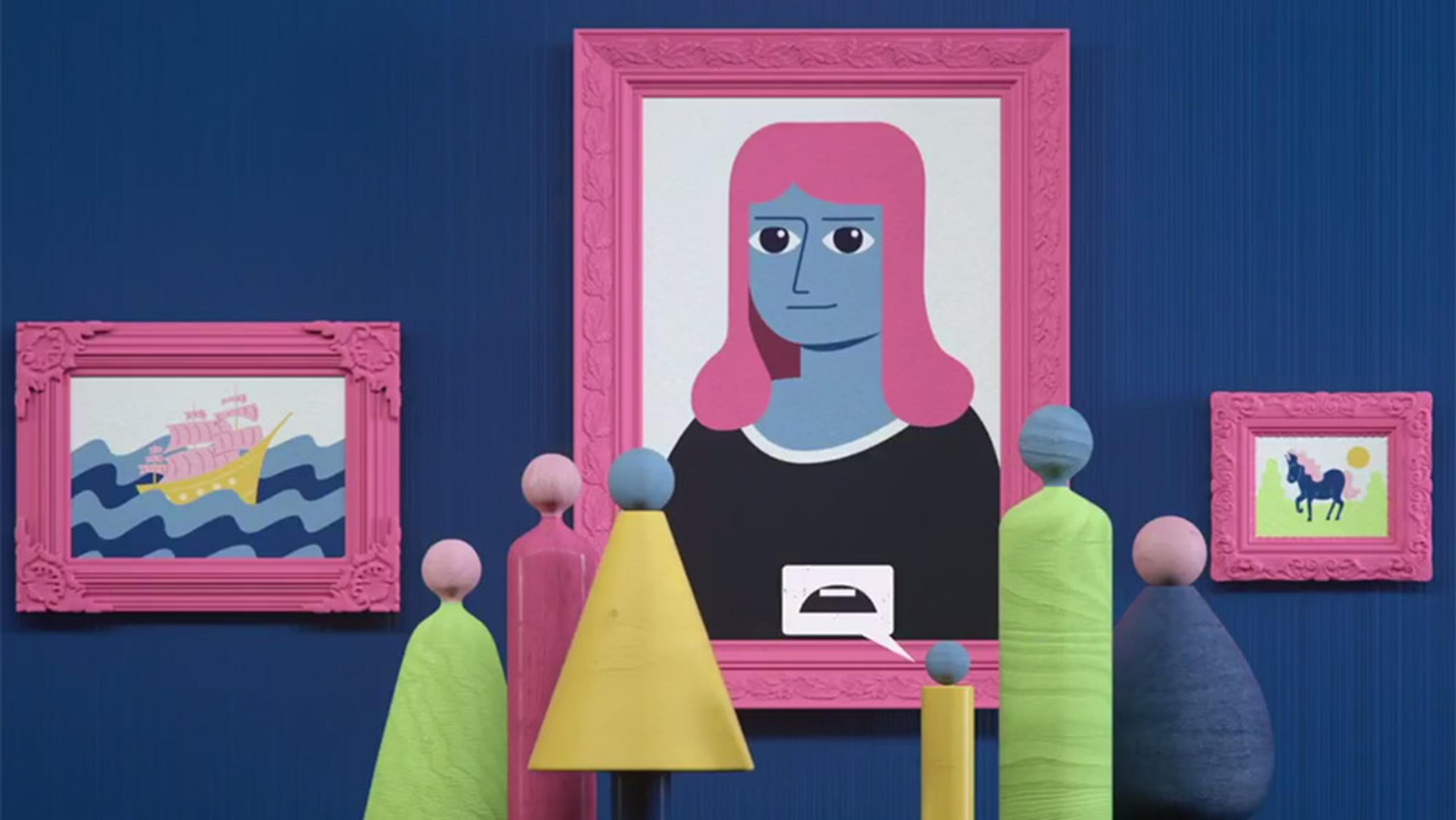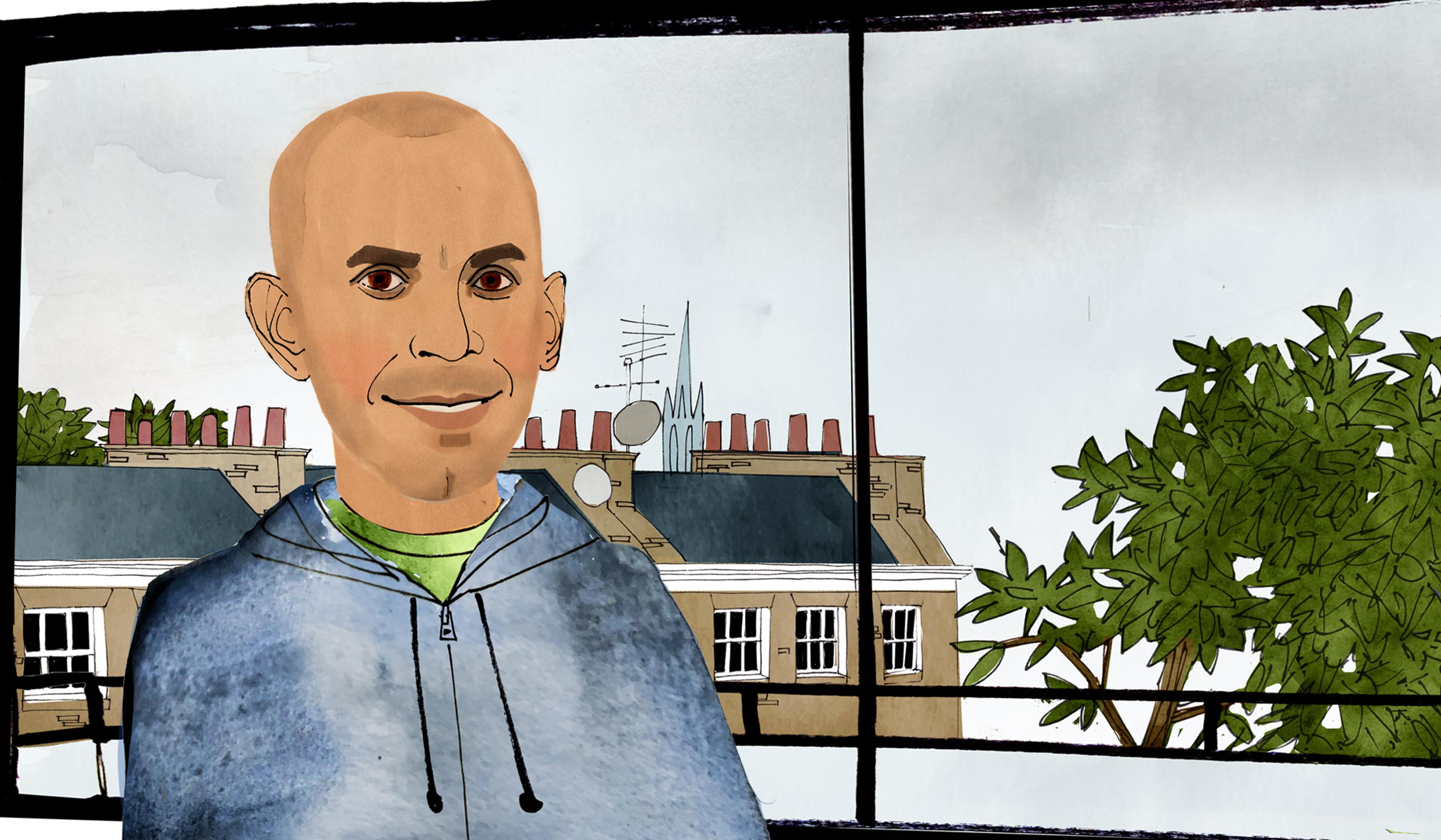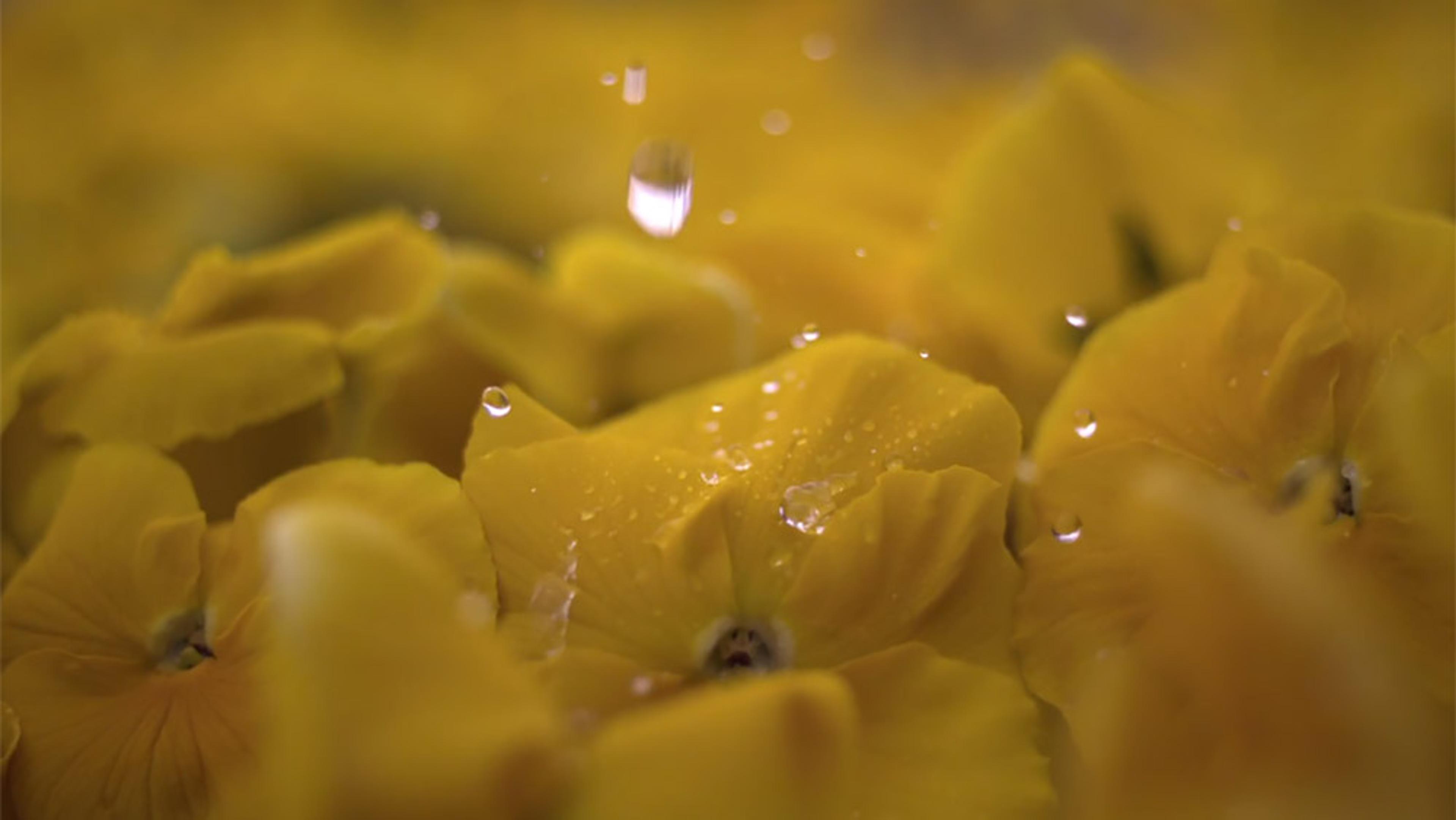Historically, what are considered the five primary human senses – hearing, sight, touch, smell and taste – have been studied as independent phenomena. But according to Charles Spence, professor of experimental psychology at the University of Oxford, this separation is a mistake since our sensory experiences are so intimately intertwined. In this short video commissioned for the 2016 Future of Storytelling summit, Spence demonstrates how his research on the constant interplay between our senses has influenced a new generation of researchers and marketers, and elaborates on some of the most common and surprising ways in which we experience multisensory perception every day.
Can you season seafood with ocean sounds? One of the many ways senses interact
Director: Liam Saint-Pierre
Producers: Liam Saint-Pierre, Ross Williams
Website: Future of Storytelling

videoNeuroscience
Aristotle was wrong and so are we: there are far more than five senses
6 minutes

videoBiology
To understand the limits of human senses, look to the wild world of animal cognition
45 minutes

videoNeuroscience
How perception leaves the door open for augmented reality to transform our world
4 minutes

videoNeuroscience
What will we do when neuroimaging allows us to reconstruct dreams and memories?
4 minutes

videoNeuroscience
On the ‘beholder’s share’ – how past experience influences our perception of art
5 minutes

videoConsciousness and altered states
What happens when you start paying close attention to everyday sensory experience?
6 minutes

videoPhilosophy of mind
Anil Seth on why our senses are fine-tuned for utility, not for ‘reality’
10 minutes

videoMathematics
After centuries of trying, we’ve yet to arrive at a perfect way to map colour
20 minutes

videoConsciousness and altered states
Odourless world: what smell means to those who don’t have it
9 minutes